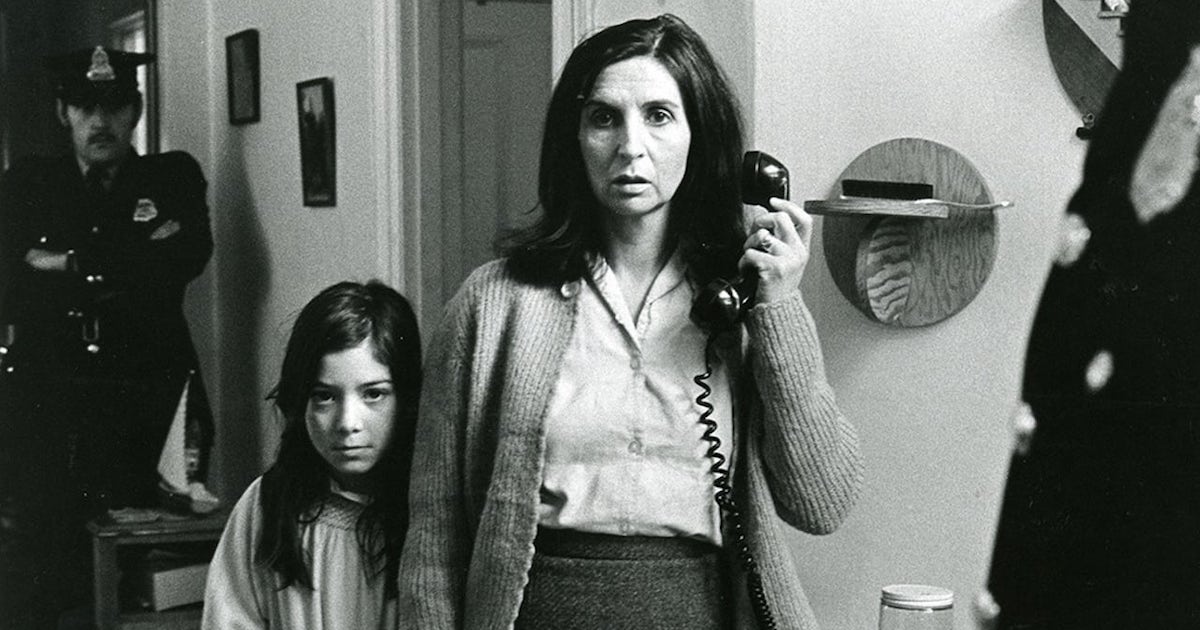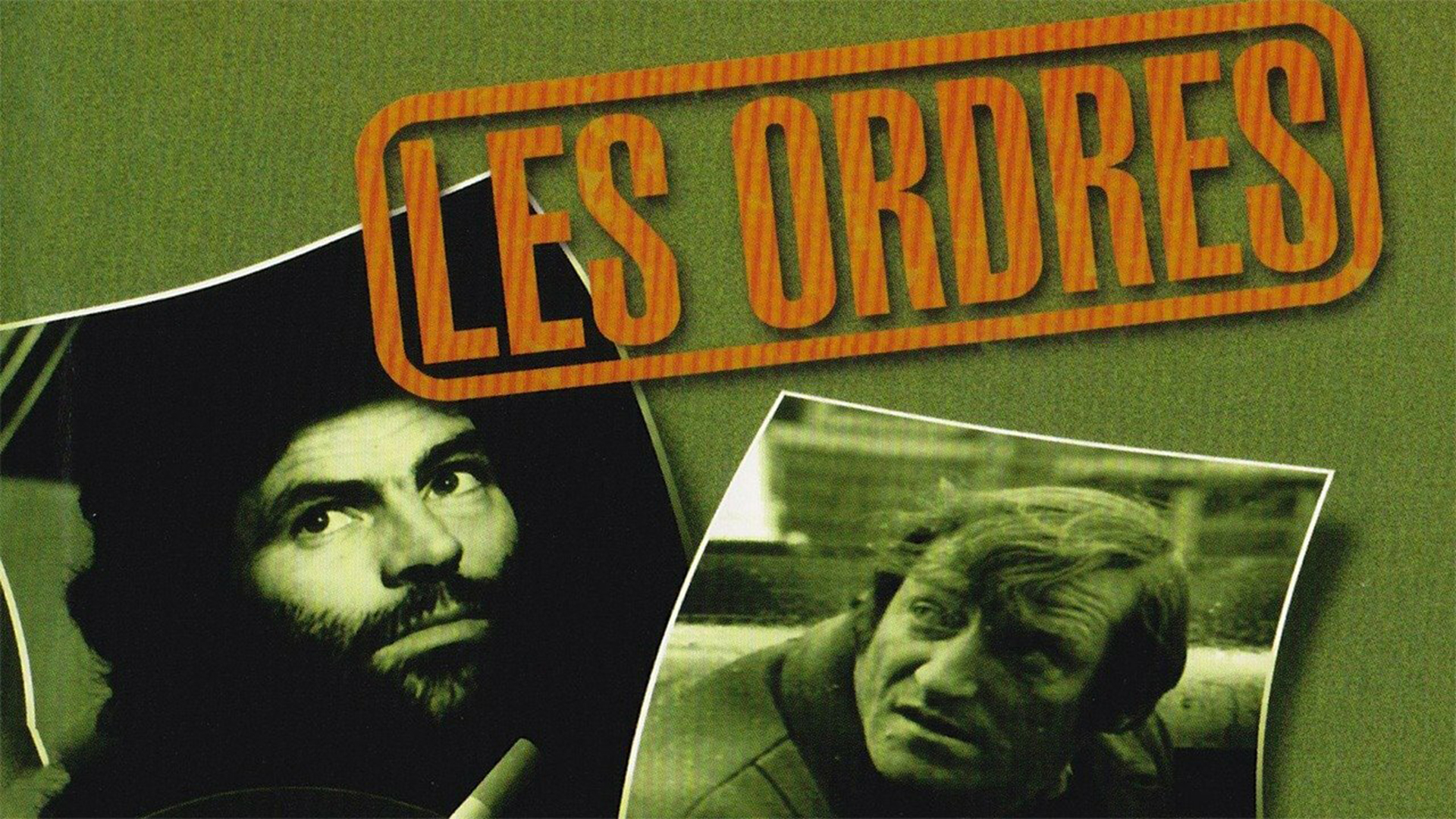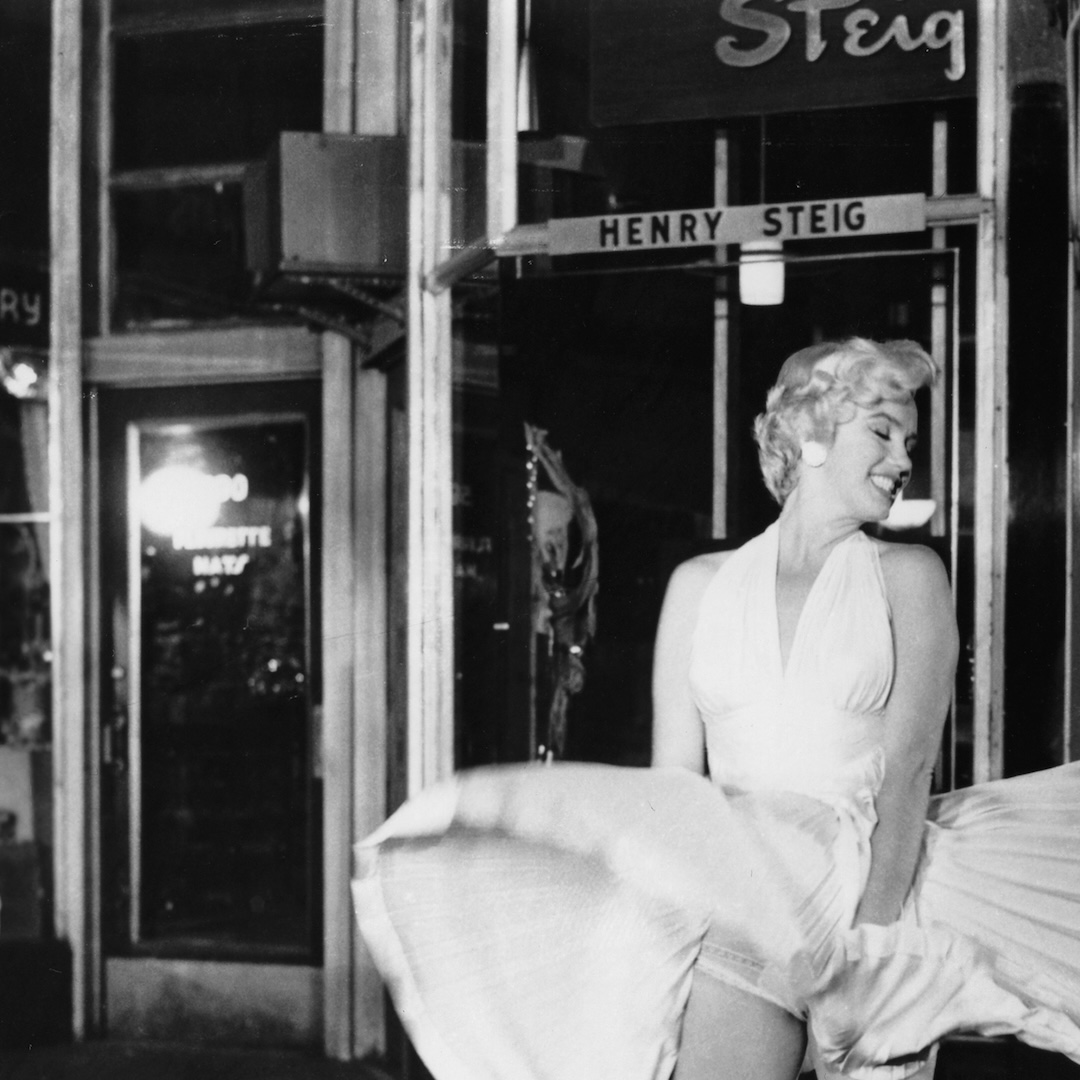Les Ordres: A Must-See Classic for all Canadians
July 1, 2023 By Go BackCanadian film history is abundant with forgotten gems so we’re excited to dig one up and bring a significant film from 1970s Canada back to your TVs with the restoration of Michel Brault’s Les Ordres (1974). The film garnered Brault the Best Director prize at the 1975 Cannes Film Festival and swept the Canadian Film Awards but its significance today remains as a visceral reminder of the cruelty many average citizens faced during the October Crisis of 1970.
Michel Brault is one of a rare breed of polymath filmmakers whose skills stretched from cinematographer to screenwriter, as was necessary of many of the filmmakers working between the world of documentary and fiction in the mid-century. His early work with the National Film Board followed this interchangeable style, in Quebec known as Cinéma Direct, with only a couple of technicians trying to document reality with a simple camera and synch sound setup that meant to mimic real observation as much as possible. This caught international attention and Brault’s early career also stretched between his native Quebec and France where he worked with pioneers like Jean Rouch and Mario Ruspoli helping to establish the very concept of Cinéma-Vérité. But, it’s the way Brault plays with these well-known documentary styles in Les Ordres that makes it a unique cinematic experience.

Les Ordres is not a documentary. Brault says the October Crisis inspired him at first to interview those unjustly incarcerated under the War Measures Act and while he ended up with 50 hours of audio recording from men and women, he knew a traditional documentary wasn’t the right format for their story. But, instead of fleeing the conventions of Cinéma Direct and Cinéma-Vérité entirely, Brault boldly decided to use them while breaking them as a fascinating cinematic experiment.
Some of the most confounding and thrilling moments in the film are when each actor, including faces you’ll recognize like Jean Lapointe and Hélène Loiselle, first introduce themselves as actors, their character and then seamlessly begin narrating the lives of the people they portray as if they were their own. It’s a choice that could throw even a seasoned fan of experimental docufiction looking for what the ‘reality’ of this story is. We are seeing actors, identified as such, playing out a ‘fiction’ script based on testimony and facts and shot in a loose documentary-feeling style including testimonial shots and achingly real moments questioning when the facade is up. While one might think leaving these questions in the viewers’ minds would upset the narrative, something about that disruption not only mirrors the upset of the War Measures Act, it seems to draw you into an unusual intimacy with the characters on screen rather than creating distance.
To over-explain Les Ordres and Michel Brault’s tactics would be to upset the joy of discovering the bold choices he makes throughout, but needless to say, the introductions aren’t the only jarring switch in the film. Each choice is unique even in modern film and reflects a filmmaker so engaged with his story that he wished to truly reach through the screen to connect his inspiration and audience in spite of the artificiality of filmmaking. Even if this sounds too high-minded, take my assurance that Les Ordres remains a crown jewel of Quebec cinema not just because of its awards and the path it cut but because it beautifully and engagingly depicts the regular people and exposes the cruelty those ‘just following orders’ can enact on their fellow man. It is truly a film every Canadian should see.
Find the next play times for Les Ordres (1974) on Hollywood Suite.












 Follow us on Instagram
Follow us on Instagram